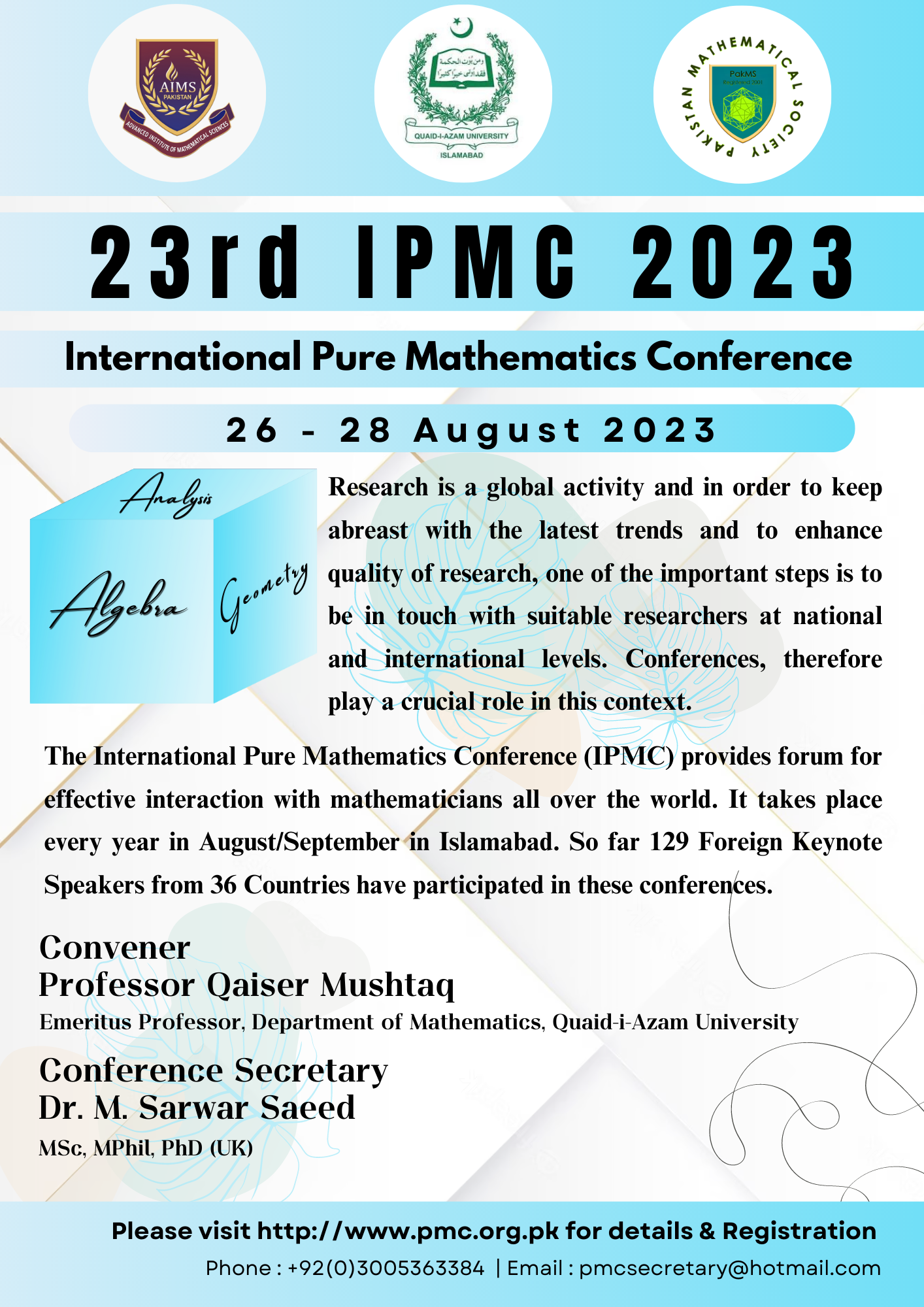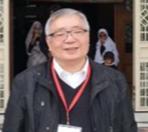Purpose
The purpose of the establishment of AIMS is to create a facility which provides a viable environment for mathematicians for high quality teaching and worthwhile research. Its International Scientific Advisory Committee (ISAC), which comprises eminent experts from advanced countries, will be monitoring the teaching and research. The Committee shall be responsible for the scientific content of the programmes. It shall preserve the ‘cutting edge’ quality of the programmes, and select and evaluate programmes and proposals from the mathematical community. The Committee shall recommend potential international programme organizers.
AIMS is a means to provide high quality knowledge in mathematical sciences and produce human resource which suits the nation’s requirements. The Institute will stimulate the post-graduate training of mathematicians in the many disciplines concerned in mathematical teaching and research. It will also provide state-of-the-art infrastructure, both geographical and academic, for the production of marketable software as a partial source of income for AIMS.
Motivation
![]() The Institute provides a platform for creating new mathematical knowledge and nurturing mathematicians by exposing rising mathematical talents to the full spectrum of mathematical sciences.
The Institute provides a platform for creating new mathematical knowledge and nurturing mathematicians by exposing rising mathematical talents to the full spectrum of mathematical sciences.
![]() It combats the current lopsidedness in our mathematical research and teaching which is undermining our international standing in mathematics.
It combats the current lopsidedness in our mathematical research and teaching which is undermining our international standing in mathematics.
![]() It acts as a bridge between academia and government research to collaborate on challenging researches as well as a bridge between industry and government to enable broader public benefit from research.
It acts as a bridge between academia and government research to collaborate on challenging researches as well as a bridge between industry and government to enable broader public benefit from research.
![]() It helps to bring Pakistani mathematical research and teaching at par with international standards, including establishing variety and heterogeneity in our mathematical research and teaching. It will provide a platform where the quality and relevance to the national needs of science and technology and industry will be achieved through collaboration with various renowned international mathematical societies, academies and centres of excellence.
It helps to bring Pakistani mathematical research and teaching at par with international standards, including establishing variety and heterogeneity in our mathematical research and teaching. It will provide a platform where the quality and relevance to the national needs of science and technology and industry will be achieved through collaboration with various renowned international mathematical societies, academies and centres of excellence.
![]() As a national research centre with close links with international mathematical concerns, it is a credible research centre pursuing mathematical understanding of social and natural phenomena in order to promote and develop mathematical sciences that stress the relationship with society.
As a national research centre with close links with international mathematical concerns, it is a credible research centre pursuing mathematical understanding of social and natural phenomena in order to promote and develop mathematical sciences that stress the relationship with society.

 PakMS sadly announces passing away of Professor Kar Ping Shum. He was a friend and a great support in many academic matters. His role as an external referee of Pakistani PhD students and his role in supporting the International Pure Mathematics Conference in Islamabad will always be remembered with gratitude. May his soul rest in peace. President, Pakistan Mathematical Society.
PakMS sadly announces passing away of Professor Kar Ping Shum. He was a friend and a great support in many academic matters. His role as an external referee of Pakistani PhD students and his role in supporting the International Pure Mathematics Conference in Islamabad will always be remembered with gratitude. May his soul rest in peace. President, Pakistan Mathematical Society.